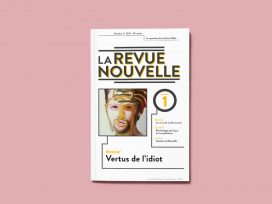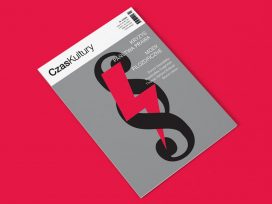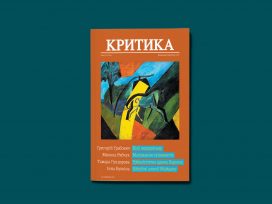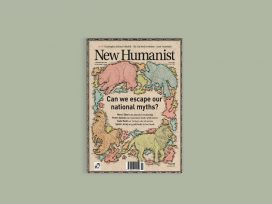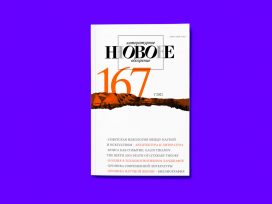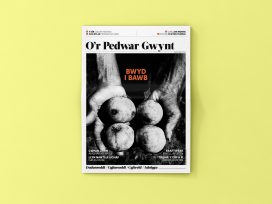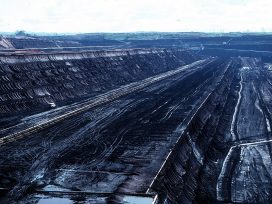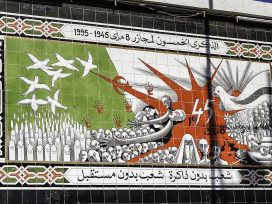In ‘New Humanist’ (UK): the colonial roots of Australian anti-environmentalism; the singularity myth and the limitations of the fascism debate; and where Christopher Hitchens’s disciples have ended up.
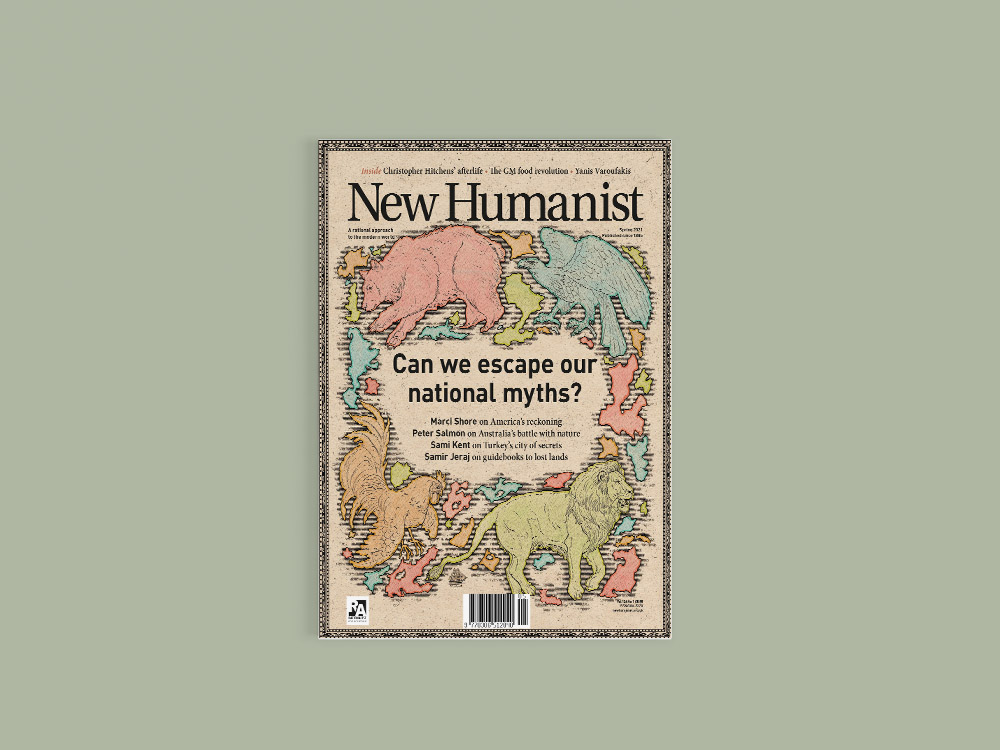
‘This idea of man seeking to dominate nature has informed the western relationship to settlement in Australia from its beginnings to today – starting with the very first arrival of European explorers in 1770 and the subsequent attempts to important western farming methods and subjugate the indigenous population, right through to the immense bushfires which swept through vast swathes of territory in early 2020.’
Scott Morrison, Australia’s prime minister, is a coal industry hardliner (Australia being the largest exporter of coal worldwide). If this goes down well with the electorate, it is largely because of fossil fuel PR. Together with the Murdoch press, the coal lobby has convinced ‘a large a large swathe of the Australian population not only that mining industry is vital to its economy, but that all environmental issues are, in fact, economic issues – and that the environment and the economy are in opposition.’
The uses and abuses of comparison
How can intense description of what is irreducibly particular help us to extract elements that are universal? Parallels between the child separations at the US–Mexico border and the experiences of Holocaust survivors prompt historian Marci Shore to ask what we can and cannot understand by thinking in comparisons with the past.
‘It seemed to me that public discussion had tended to relate to historical comparison in a reductionist way: Either X is just like the Holocaust, in which case we are facing the ultimate evil; or X is not like the Holocaust because either (a) the Holocaust will forever remain the unique embodiment of absolute evil, or (b) the present situation is not bad enough (yet). In the cases of both (a) and (b), we should calm down. But the Kierkegaardian Either/Or is a trap. The question about historical comparison should not be a yes or no question, but a how question.’
Hitchens’s legacy
From young socialist to apologist for the War on Terror; from top political journalist to boorish polemicist; from outstanding literary critic to proponent of the New Atheism – Christopher Hitchens’s fall from grace is well-trodden ground. Less so, however, is his intellectual legacy.
James Robins looks at where Hitchens’s ‘friends and disciples’ are today. ‘With social demands very much back on the table,’ he writes, ‘it is notable that contrarians like Sam Harris, Maajid Nawaz or Ayaan Hirsi Ali do not even consider that such a demand might exist. Every so often (usually in the wake of a terrorist atrocity) this crowd loudly defends “civilization” from barbarism, even as that very civilization crumbles into debt, governmental graft and ecological spoil.’
If this were not damning enough, Robins places Hitchens in line with an altogether more toxic genealogy: ‘As the Great Recession continued its guttering march, and as jihadists continued to strike in Europe, many of Hitchens’s contrarian heirs devolved into a decentralized grievance. Perhaps it was Muslims, or feminists, or social justice warriors, or (more potently) “the Jews” who were to blame for the decaying world around them.’
This article is part of the 3/2021 Eurozine review. Click here to subscribe to our weekly newsletter to get updates on reviews and our latest publishing.
Published 17 February 2021
Original in English
First published by Eurozine
© Eurozine
PDF/PRINTNewsletter
Subscribe to know what’s worth thinking about.
Related Articles

Two opposing interpretations of 1945 form the ideological core of today’s confrontation between Russia and the states of central and eastern Europe. Both are reactions to the collapse of the Cold War order.

Controversies over the legacies of dictatorship and civil war have polarized the Spanish debate for over two decades. Now, on the fiftieth anniversary of Franco’s death, the legitimacy of the transition is uncertain. Could things have been done differently?
